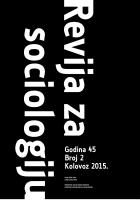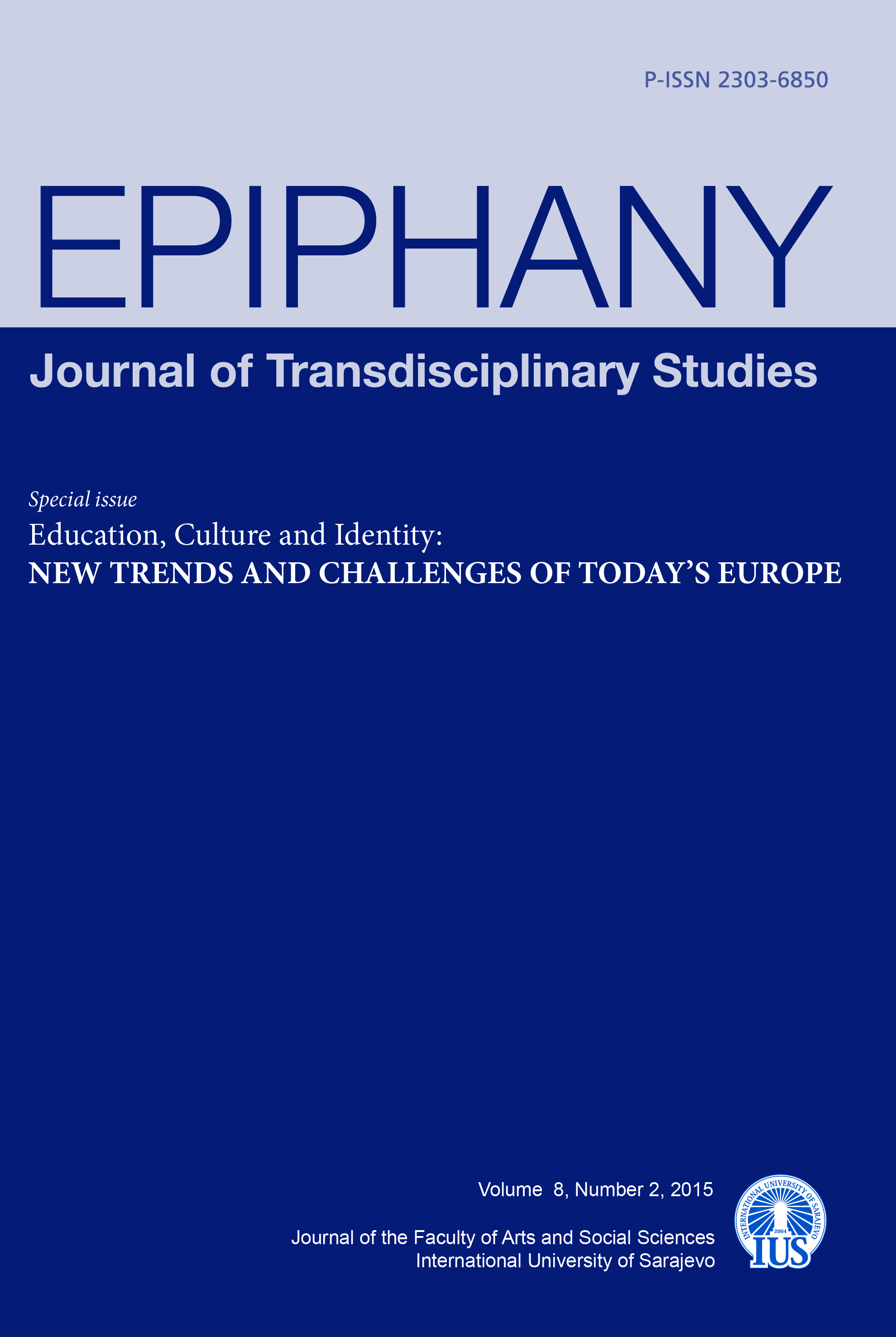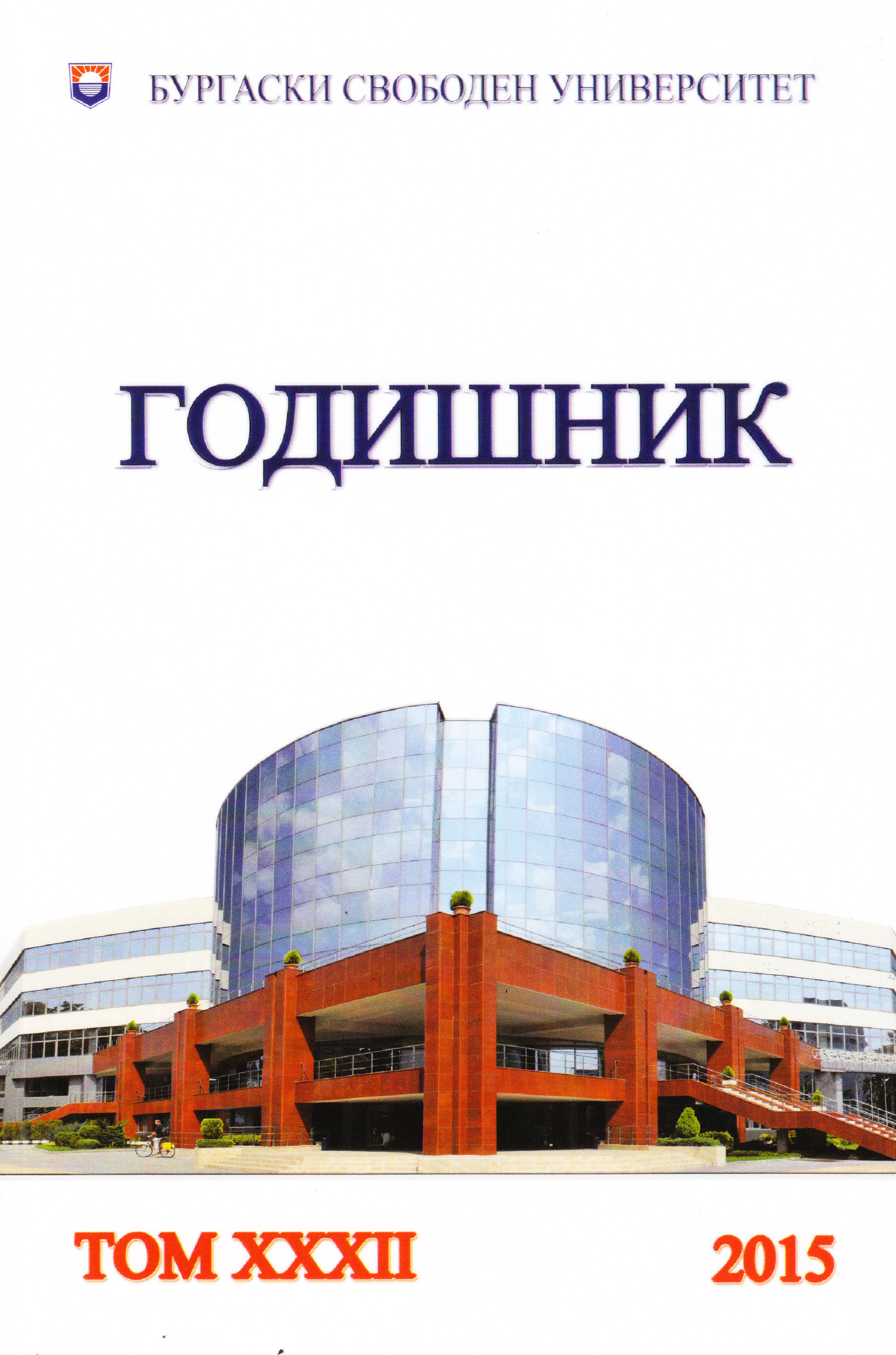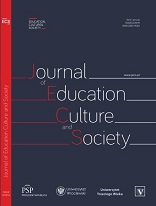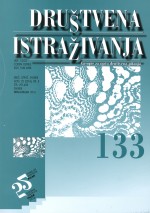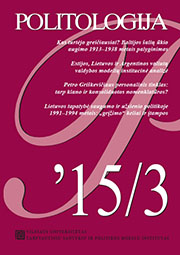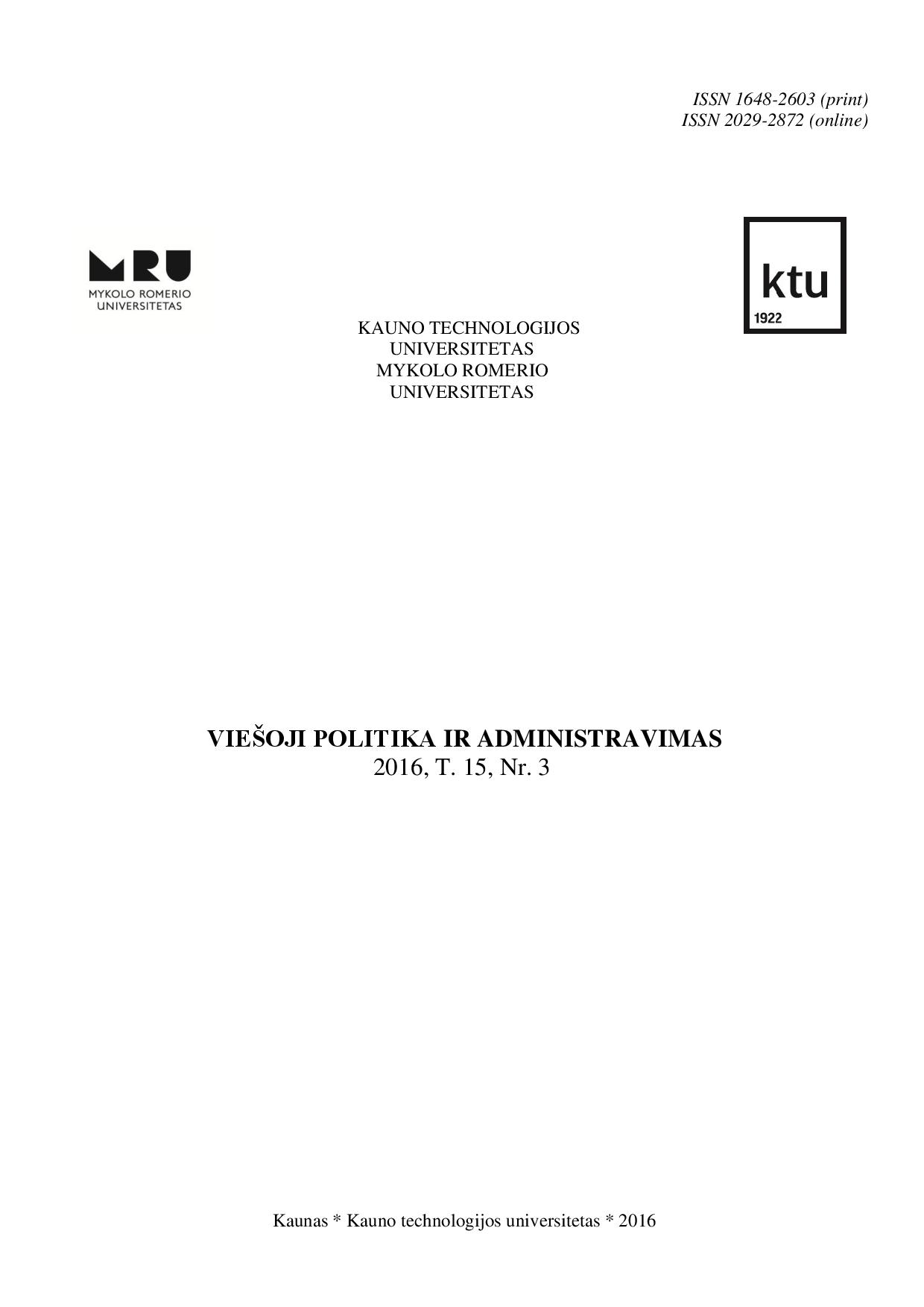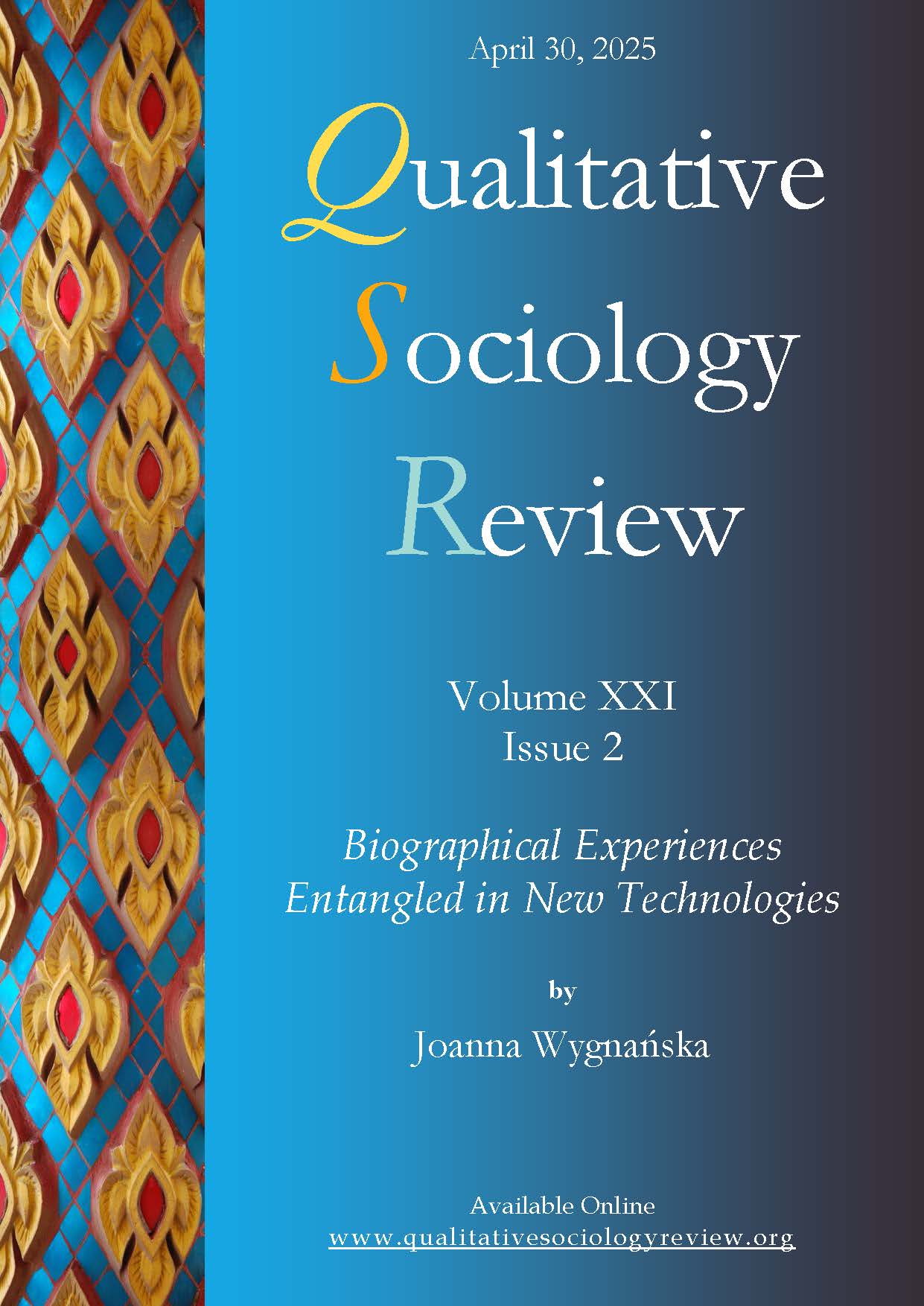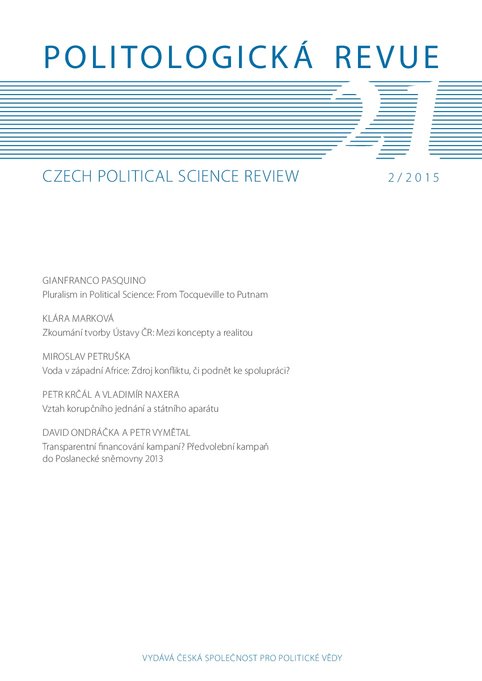
Vztah korupčního jednání a státního aparátu
The article deals with the phenomenon of political corruption. Political corruption is dominantly perceived as a potential threat for the stability of state apparatus. We try to present a different point of view on this phenomenon. Our concern is to provide an explanation of corruption through the mutual relation between corruption and state apparatus. From this point of view corruption can represent a possible (and sometimes useful) strategy of acting in particular social fields. We call this strategy “habitus of corruption”. This article should serve as a summary study of the phenomenon of political corruption as well as a possible source of theoretical and methodological inspiration in the field of study of corruption. The last goal of this paper is to demonstrate the suitability of an interdisciplinary approach in social sciences.
More...
